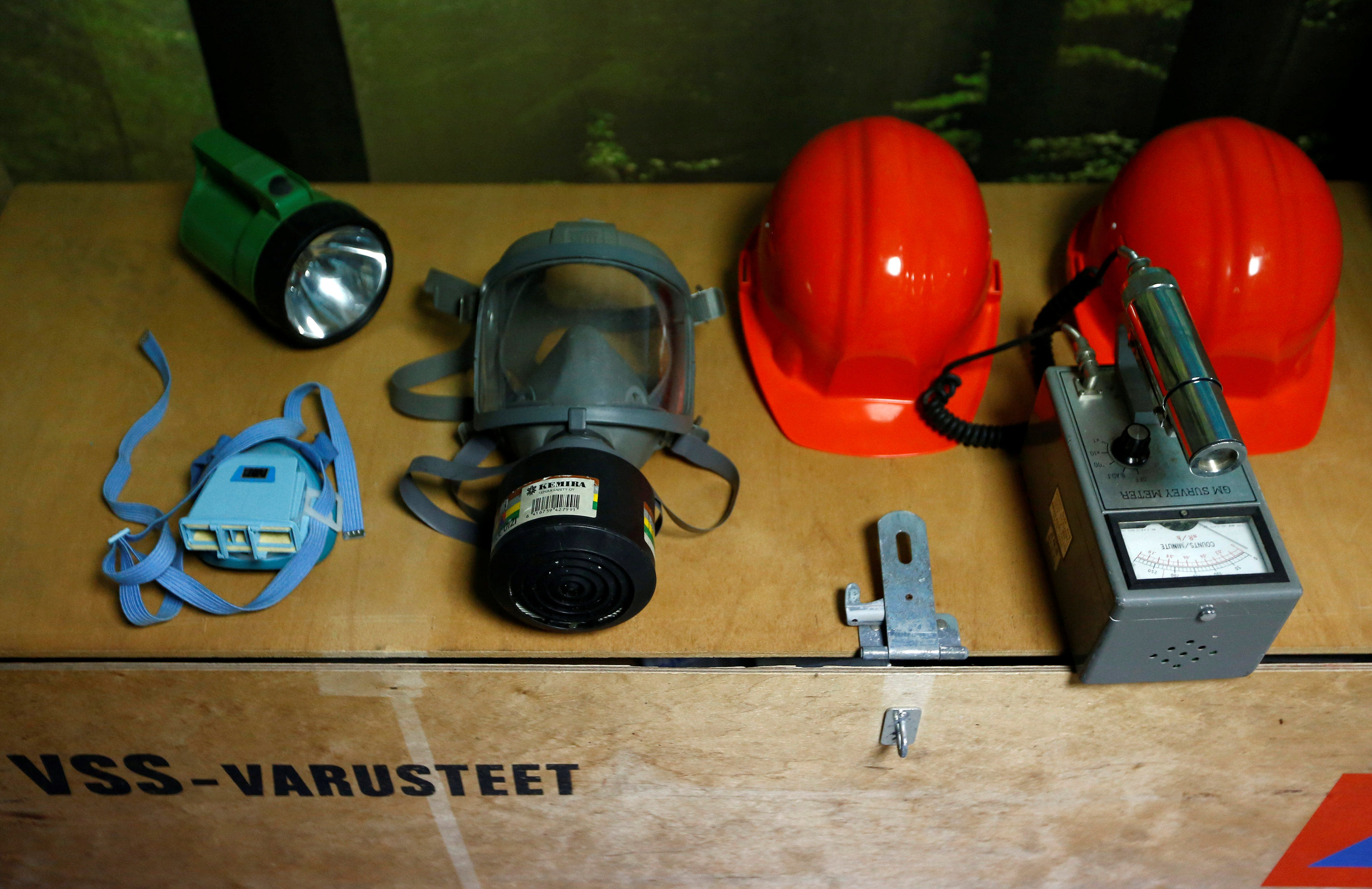Veteran Singapore diplomat Bilahari Kausikan has a habit of speaking truth to power, no matter how hard the truth, or how big the power.
In a speech reprinted in The Straits Times titled US Military Action Against Pyongyang Could Undermine Trust, he says there are no good options on North Korea, only least bad ones.
Here's the gist of his argument in four hard truths.
1. Pyongyang is hell-bent determined to develop a long-range missile that can hit the US and no one is going to be able to stop it.
Mr Kausikan writes: "North Korea does not yet have nuclear-armed missiles capable of reaching the continental US; it has probably not yet weaponised its nuclear devices to make them deliverable by missiles. But Pyongyang is determined to acquire survivable, nuclear-armed ICBMs (intercontinental ballistic missiles)... Pyongyang will persist and it will eventually succeed - unless the US and its North-east Asian allies are willing to fight a full-scale war to stop it. I do not think they are prepared to pay the price."
China doesn't want war. The United States would like to stop North Korea, but its own options are limited. (See hard truth No. 2) So it's leaning on China to do so - but China won't lean on Pyongyang enough to make it stop. It wants Pyongyang to behave better, but won't want to destroy the Pyongyang regime, fearing that doing so will destabilise its own society.
2. Any US military action against North Korea will come at a heavy price - Asian allies will suffer the brunt of Pyongyang's retaliation, and trust in the US will be permanently eroded.

He explains: "Seoul is within range of conventional artillery, and South Korea and Japan are within range of North Korea's existing missiles. Japanese Prime Minister Shinzo Abe has warned that North Korean missiles could be armed with sarin, a nerve agent.
"Unilateral military action by Washington would thus impose serious direct risks on its allies at a time when the US itself does not yet face a direct threat. If the US acts unilaterally, it will, in effect, force its allies to immediately bear the very heavy costs of mitigating threats to itself that are still theoretical or putative as far as the US is concerned. This would cause grievous political damage and could permanently undermine trust in America well beyond North-east Asia."
3. The US will not sacrifice American cities to save Asian capitals, when North Korea eventually develops a missile that can hit America.

Mr Kausikan writes: "When North Korea has nuclear-capable ICBMs able to threaten the US, the question is bound to be asked - will San Francisco be sacrificed to save Tokyo? Since the answer is obviously 'no', Tokyo will have to seriously consider its own nuclear options.
"Japan has the capability to develop an independent nuclear deterrent very quickly and has, in fact, been quietly developing this capability - with American aid and acquiescence - for 30 years or so... The decision will be politically very difficult. But Japanese public opinion has changed very abruptly several times in modern Japanese history, and since the alternative is to accept subordination to China, I believe it is only a question of when and not whether Japan will become a nuclear-weapon state. I do not think the US is eager to see Japan become a nuclear-weapon state. Neither do I think that Japan is keen to become a nuclear-weapon state. But, for both, this will eventually be the least bad option.
"Where Japan goes, South Korea must follow since Seoul is bound to wonder whether it will be sacrificed to save Tokyo."
The likely result: Japan and South Korea will move out from under the US nuclear umbrella protection and want to develop their own nuclear capabilities. A nuclear arms race may result in the region.
4. Denuclearisation is not an option. Nuclear escalation is more likely. But luckily, mutually assured destruction is not as mad as it sounds.

If regional countries become nuclear powers, will the situation become more volatile? Mr Kausikan says not necessarily.
"A balance of mutually assured destruction in North-east Asia will not be a satisfactory situation for anyone. But it will not necessarily be unstable - in fact, it may well be more stable than the current situation - and it may be of some small consolation to Washington, Tokyo and Seoul that the implications for Beijing are somewhat worse. A balance of mutually assured destruction will freeze the status quo and is an absolute obstacle to Beijing's goal - which is implicit in the essentially revanchist narrative of the 'Great Rejuvenation' of China by which the CCP (Chinese Communist Party) legitimates its rule - of recreating an East Asian order with China at its apex."
For the full article, go to http://str.sg/46xe

